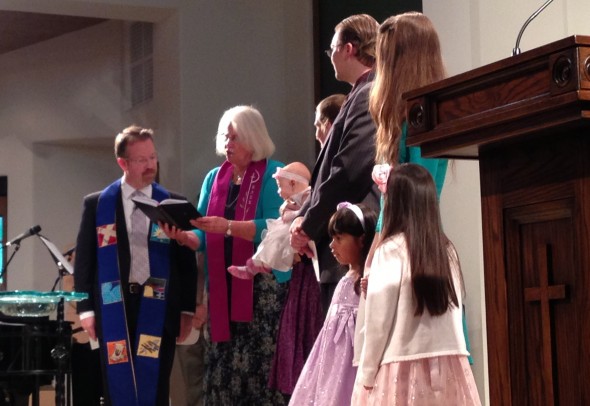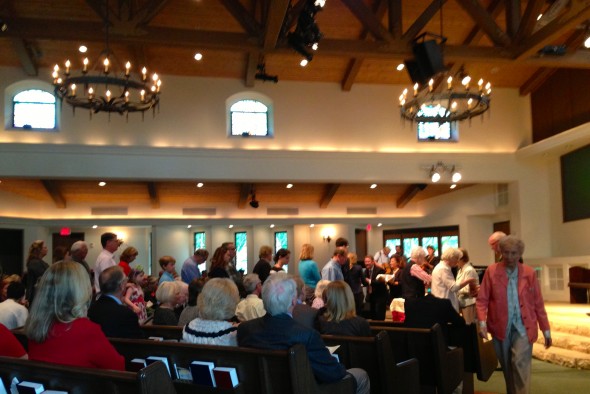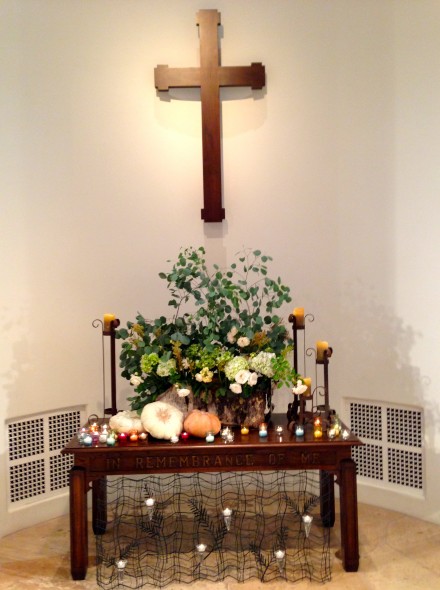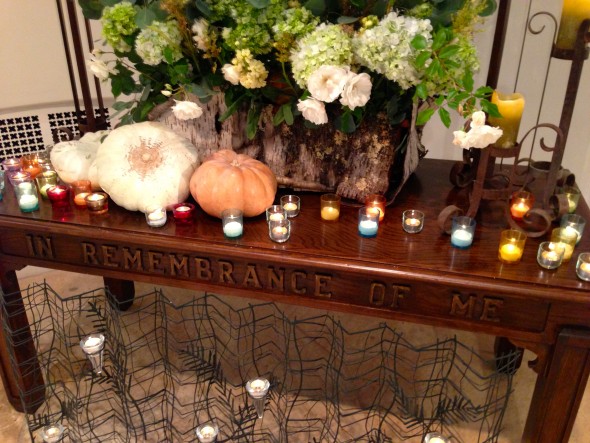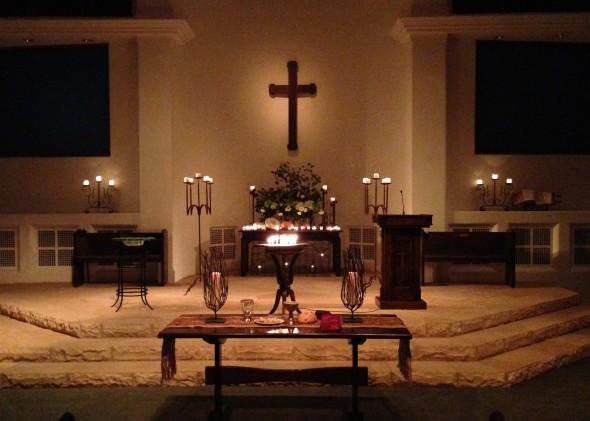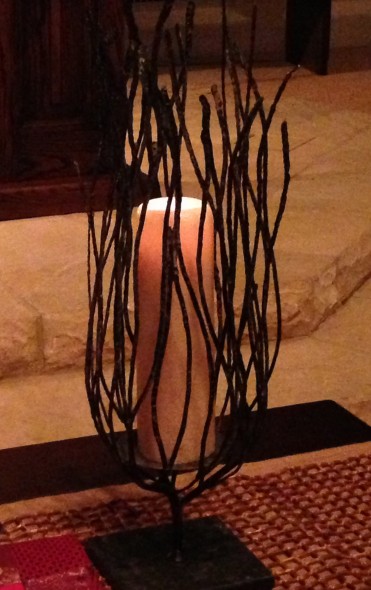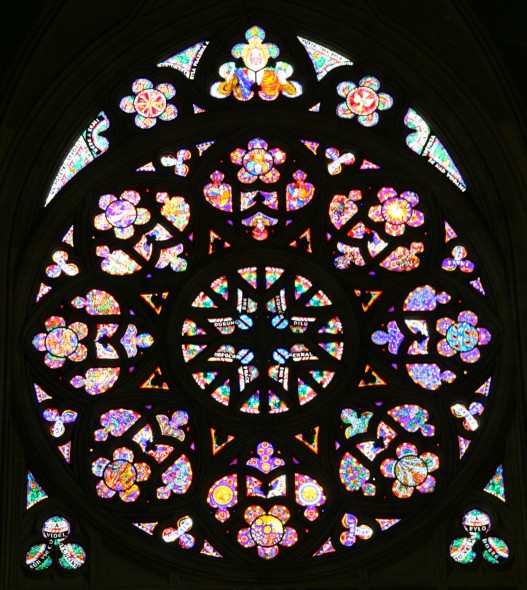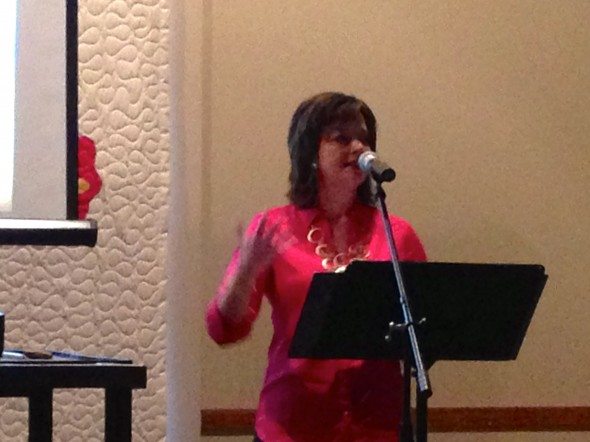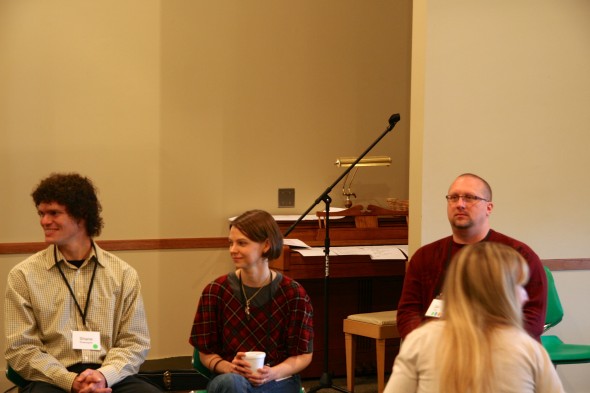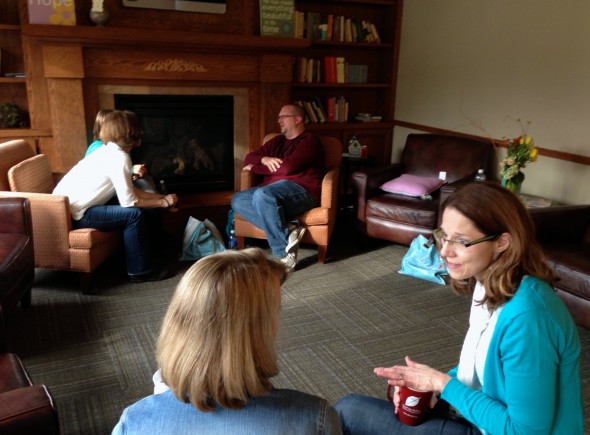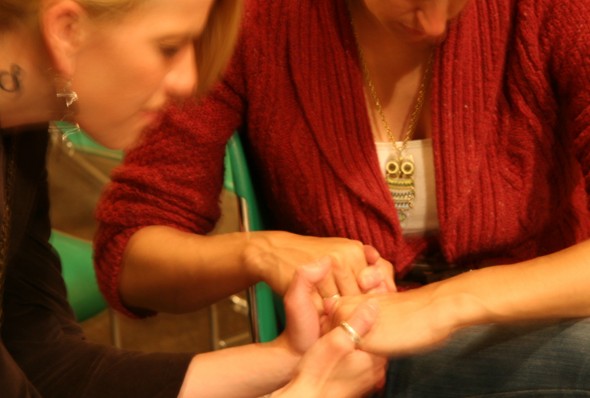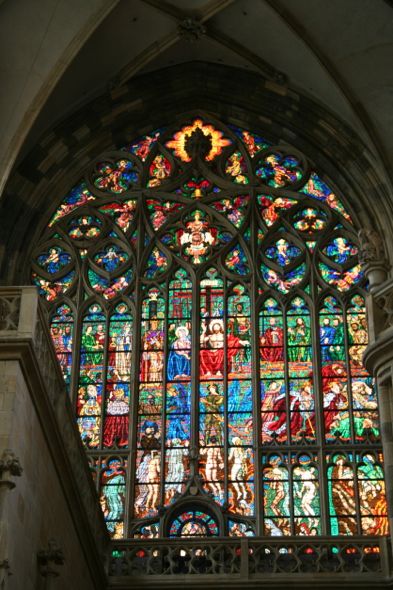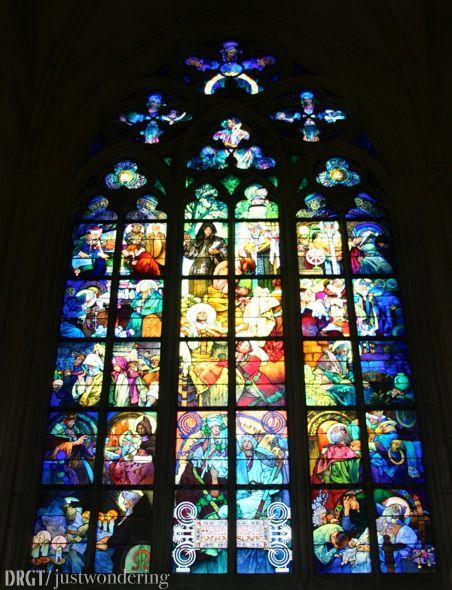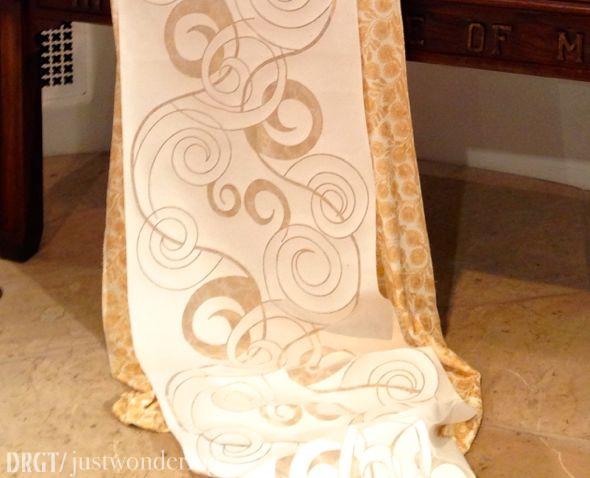Until the time when we were mature enough to respond freely in faith to the living God, we were carefully surrounded and protected by the Mosaic law. The law was like those Greek tutors, with which you are familiar, who escort children to school and protect them from danger or distraction, making sure the children will really get to the place they set out for.
But now you have arrived at your destination: By faith in Christ you are in direct relationship with God. Your baptism in Christ was not just washing you up for a fresh start. It also involved dressing you in an adult faith wardrobe—Christ’s life, the fulfillment of God’s original promise.
In Christ’s family there can be no division into Jew and non-Jew, slave and free, male and female. Among us you are all equal.That is, we are all in a common relationship with Jesus Christ. Also, since you are Christ’s family, then you are Abraham’s famous “descendant,” heirs according to the covenant promises.
Galatians 3:23-29-The Message
Of the many good and great things wrought by the Incarnation, this passage in Galatians surely represents one of the most beautiful and most freeing.
The Law is fulfilled, its purpose served. God has come among us and now, because of the birth and life and death and resurrection and ascension of Jesus Christ, we are — all of us — in direct relationship with God.
These three short paragraphs are astoundingly beautiful and profound, aren’t they? We are ‘at our destination,’ as Paul puts it: in Christ we are all equal, we are all family. No divisions, no higher or lower than, no hard-and-fast roles to play. We are ONE.
Is that not amazing?
So why, I wonder, can we not live this truth and enjoy it? Why do we resort to finger-pointing, labeling, categorizing, sublimating, separating?
Maybe this is exactly why we need to celebrate Christmas every year. To remind ourselves of who we are – our own selves, and all the selves who worship around us, who write blogs out in cyberspace, who write books and pontificate and theorize and stigmatize. We are all one . . . IN CHRIST.
Hallelujah!
Mighty Savior, will you help us to celebrate who we are because of you? Please remind us of this liberating truth: we are equal in your sight. There is no racial, gender, or ethnic distinction that amounts to a hill of beans in the life of the kingdom. Not.One. Praise your name!
